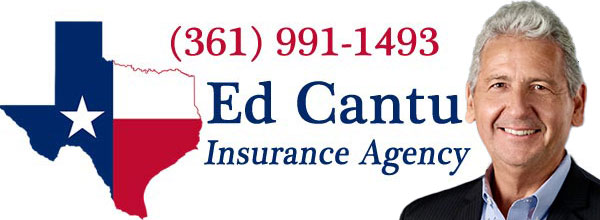



Many people think their possessions inside their rented apartment or home are automatically covered by the insurance that their landlord or property management company has for their building. This is false information. If something happens to your belongings and you don’t have renters’ insurance, you will lose everything and have to pay to replace your belongings yourself. This is especially important when you live in an apartment of other multifamily building! Don't depend on someone else when your neighbor's fire and smoke spreads to your place and causes thousands of dollars in damage.
Renters insurance will protect your personal items and give you liability protection to pay the medical expenses for people injured on your property or for a lawyer when you are sued by a someone who is unintentionally injured there.
Renters insurance also covers additional living expenses if you have to stay somewhere else while your apartment is being repaired after a fire or other damage. This is called loss of use coverage.
Be sure you choose replacement cost protection. It pays to replace your belongings that were destroyed or stolen. It’s much better than the other option, known as actual cash value.
Actual cash value only pays the current value of your damaged or stolen belongings. For example, a computer that is five years old would only be worth the price you would pay for a used computer at a thrift store or garage sale and Replacement cost protection would pay you for a new computer when you replace it.
Applies to your personal belongings too.
Homeowners insurance pays to repair or replace your home and/or your personal belongings when they are damaged or destroyed by a covered event. Your policy states the amount the company will pay and what types of losses it will protect you against (such as fire, smoke, lightning, windstorms and theft).
Personal property pays when the items in your home (such as furniture, clothing, and appliances) are damaged, destroyed, or stolen.
Liability provides coverage when you are sued and found legally responsible for another persons injury or property damage (does not apply to car accidents). It will also pay for legal fees to help defend you. You decide the proper amount of protection, some policies allow up to $1 million in coverage.Medical payments pays the medical bills of people (non family members) hurt on your property. It also pays for some injuries that happen away from your home, such as your dog biting someone. A basic renters policy pays $500 in medical bills but you can buy up to $5,000 in medical payments coverage.
Loss of use pays for your additional living expenses (temporary housing, food, and other essential expenses) if you must temporarily move out of your apartment or home while repairs are made to your place. Most policies pay 10 to 20 percent of the amount of your belongings coverage.
You should list all of your belongings on an inventory sheet so that you'll be ready when you suffer a claim. Use your camera to do this and keep the receipts and serial numbers for all electronic equipment.
Keep in mind that you must meet your deductible before insurance will pay you for your claim and that the higher your deductible, the lower your insurance premium. And most insurance companies give discounts when you bundle you renters insurance with your car insurance so be sure you ask us to review your car insurance protection too.